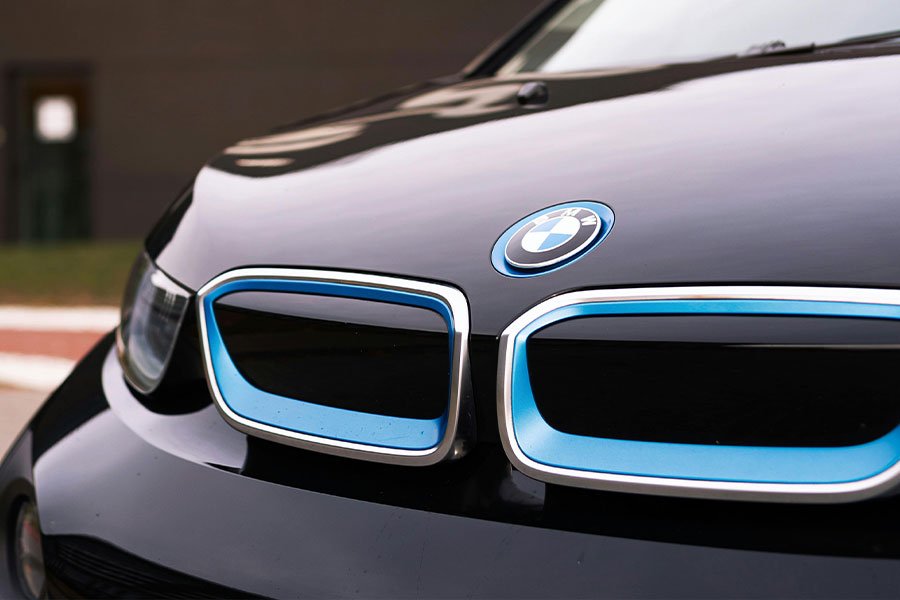Gasoline vs. Electric: A Comprehensive Comparison
The automotive landscape is undergoing a seismic shift as electric vehicles (EVs) increasingly challenge traditional gasoline-powered cars. Whether you're a longtime petrolhead or a curious eco-enthusiast, understanding the differences between these two technologies is essential for making an informed choice. In this comprehensive comparison, we'll delve into long-term costs, environmental impacts, and performance differences, providing you with the insights needed to decide which path suits your lifestyle.
1. Long-Term Costs: Fuel, Maintenance, and Beyond
Fuel Efficiency and Operating Expenses
Gasoline-Powered Cars: Traditional vehicles have long dominated the roads thanks to their established infrastructure and familiarity. However, gasoline prices are subject to global market fluctuations, and rising fuel costs can strain your budget over time.
Electric Vehicles: EVs offer a more predictable expense profile with lower energy costs. Charging an electric vehicle, especially when home charging is available, is typically cheaper than filling up a gas tank. Over the life of the vehicle, these savings can add up significantly.
Maintenance and Repair
Gasoline-Powered Cars: Internal combustion engines have many moving parts, which means more wear and tear. Regular oil changes, exhaust system repairs, and engine tune-ups contribute to higher maintenance costs over time.
Electric Vehicles: EVs feature fewer moving parts and simpler mechanical systems, reducing the frequency and cost of maintenance. Brake wear is also less of a concern due to regenerative braking systems, further easing the long-term ownership burden.
2. Environmental Impacts: Emissions and Sustainability
Carbon Footprint and Emissions
Gasoline-Powered Cars: One of the most significant downsides of gasoline engines is their environmental impact. Burning fossil fuels releases carbon dioxide and other pollutants that contribute to climate change and air quality issues. Despite advances in emissions control technology, gasoline vehicles remain a major source of greenhouse gases.
Electric Vehicles: EVs produce zero tailpipe emissions, which marks a dramatic improvement for urban air quality. While battery production and electricity generation do have environmental footprints, a shift towards renewable energy sources is steadily reducing these impacts. For many drivers, the overall reduction in emissions makes EVs a compelling choice for a greener future.
Resource Use and Sustainability
Gasoline-Powered Cars: The extraction, refining, and transportation of oil not only contribute to environmental degradation but also involve geopolitical and economic complexities. The finite nature of fossil fuels raises concerns about long-term sustainability.
Electric Vehicles: EVs rely on lithium-ion batteries, whose production does require mining for minerals like lithium and cobalt. However, the growing focus on battery recycling and sustainable mining practices is helping to mitigate these issues. Furthermore, as renewable energy becomes more prevalent, the overall sustainability of EVs will continue to improve.
3. Performance Differences: Speed, Efficiency, and Driving Experience
Acceleration and Power Delivery
Gasoline-Powered Cars: Traditional engines offer a familiar, linear power delivery that many drivers appreciate. High-performance gasoline vehicles are known for their roaring engines and dynamic driving experiences. However, this often comes at the cost of lower fuel economy and higher emissions.
Electric Vehicles: EVs deliver instant torque, providing rapid acceleration and a smooth, quiet driving experience. The absence of gear shifts and the near-silent operation not only enhance comfort but also make EVs feel futuristic and agile. As battery technology evolves, we are witnessing performance metrics that rival—and in some cases, surpass—the best gasoline-powered sports cars.
Driving Range and Refueling
Gasoline-Powered Cars: The extensive network of gas stations means refueling is quick and convenient. However, long trips can become costly, especially with fluctuating fuel prices.
Electric Vehicles: Range anxiety—worrying about running out of battery—is a common concern among new EV adopters. Yet, modern EVs now offer ranges that accommodate most daily driving needs, and the rapid expansion of fast-charging networks is making long-distance travel increasingly feasible. As charging technology continues to improve, the gap between refueling convenience and battery charging is narrowing.
4. Additional Considerations: Infrastructure, Incentives, and the Road Ahead
Infrastructure and Accessibility
The infrastructure supporting gasoline cars is well-established, with refueling stations found virtually everywhere. In contrast, EV infrastructure is expanding rapidly, though it still varies widely by region. Government incentives and private investments are accelerating the development of charging networks, making EVs more accessible to a broader audience.
Government Incentives and Policies
Many governments offer incentives—ranging from tax credits to rebates—to encourage the adoption of EVs. These policies not only reduce the initial purchase price but also support the broader transition to cleaner energy. On the other hand, regulations and taxes on fossil fuels are steadily increasing, pushing consumers to reconsider their vehicle choices.
The Future of Mobility
Ultimately, the choice between gasoline and electric vehicles depends on personal priorities and lifestyle. Gasoline cars continue to offer familiarity and convenience, while EVs provide a compelling blend of efficiency, sustainability, and cutting-edge performance. As technology evolves, the gap between these two options is closing, heralding a future where sustainable mobility becomes the norm rather than the exception.
Conclusion
The debate between gasoline and electric vehicles is more than just a technological comparison—it reflects a broader shift in how we think about energy, sustainability, and the future of transportation. By weighing long-term costs, environmental impacts, and performance differences, it's clear that both options have their merits. However, as global efforts to combat climate change intensify and technology continues to evolve, electric vehicles are poised to lead the charge toward a cleaner, smarter, and more sustainable future.
Choosing the right vehicle means considering not just today's needs but tomorrow's possibilities. Whether you remain loyal to gasoline or decide to embrace the electric revolution, understanding these differences empowers you to make a choice that's right for you—and the planet.

